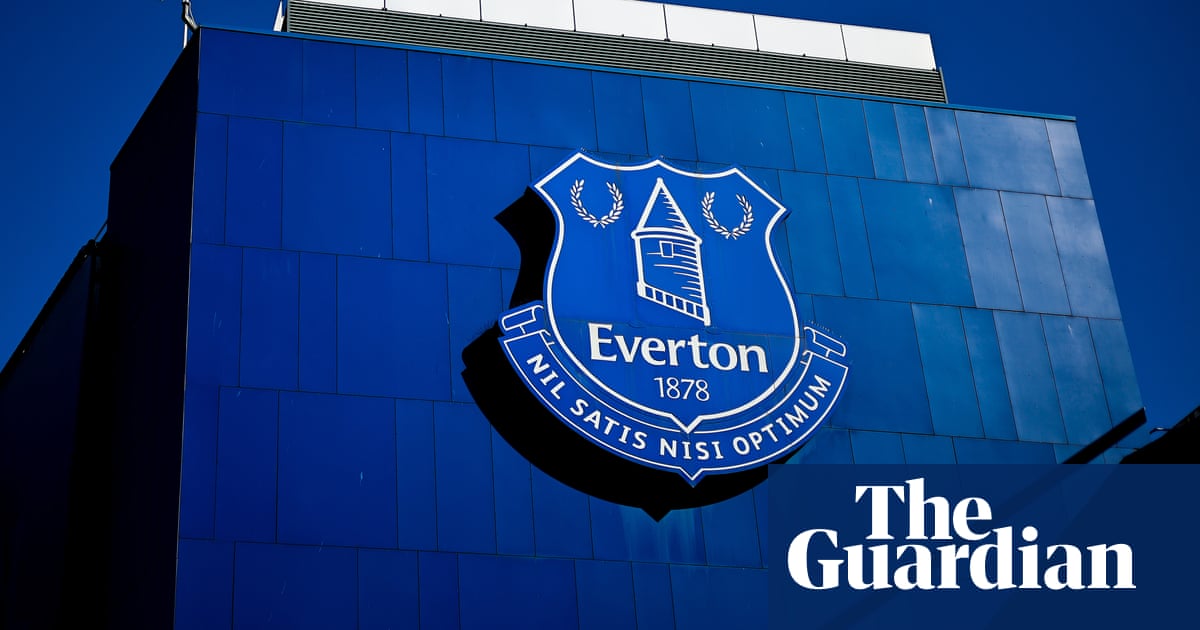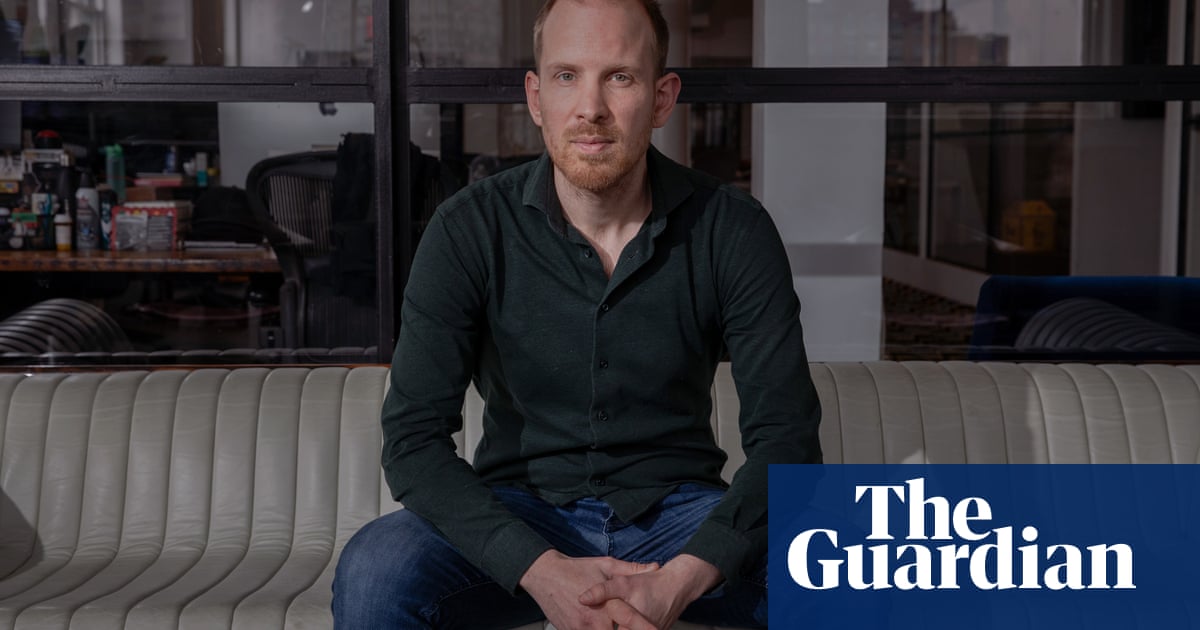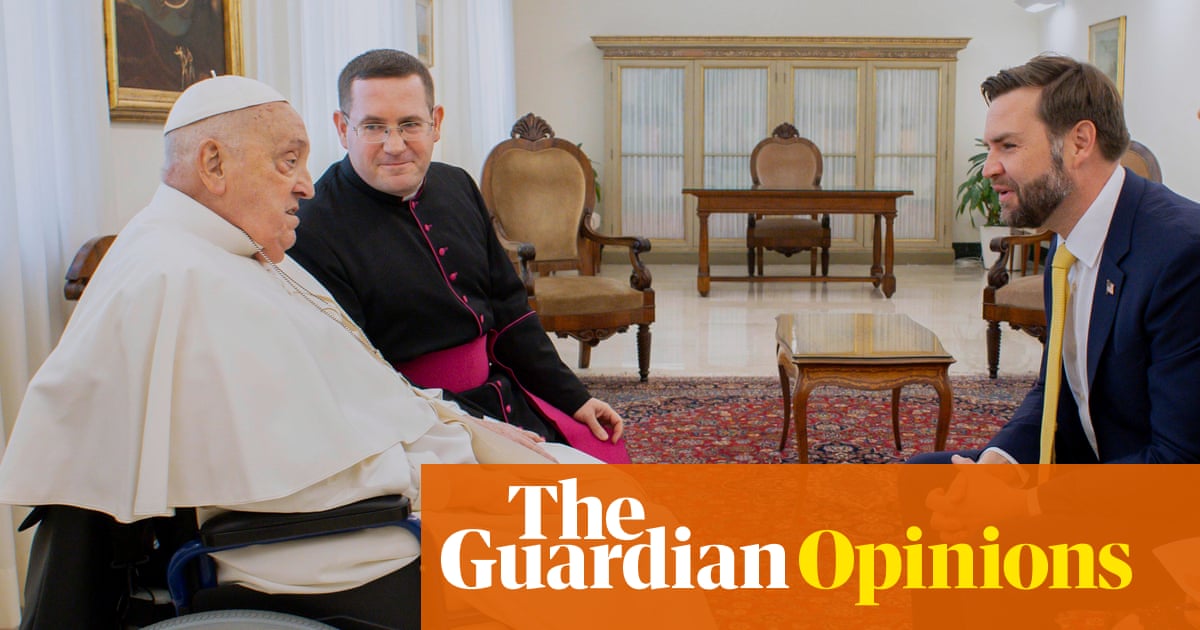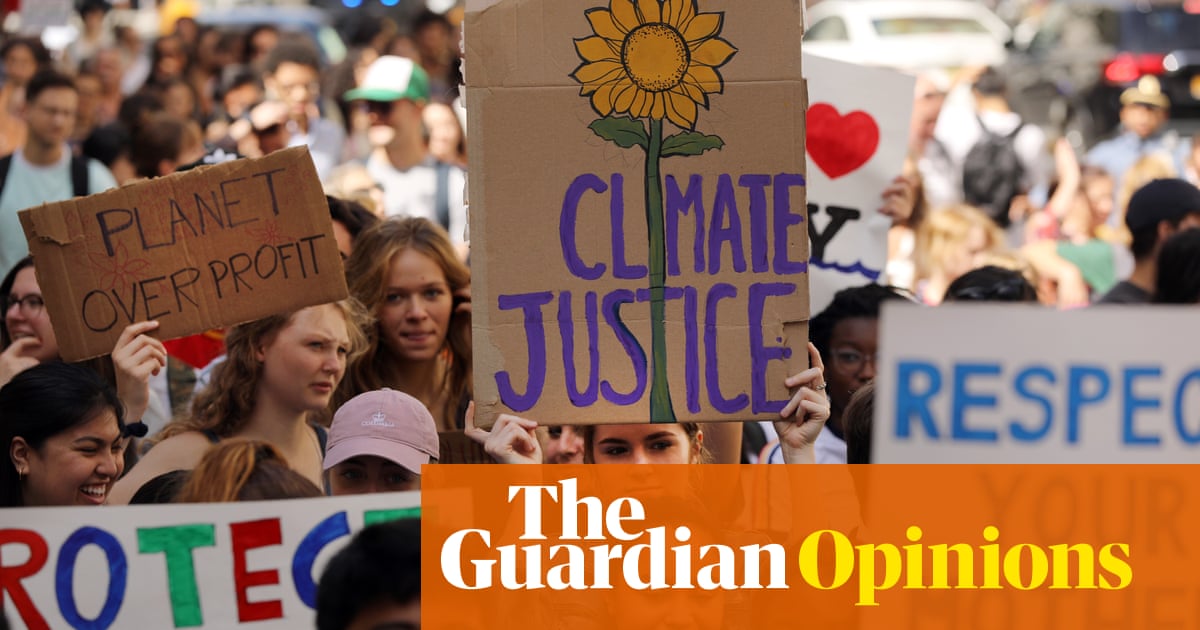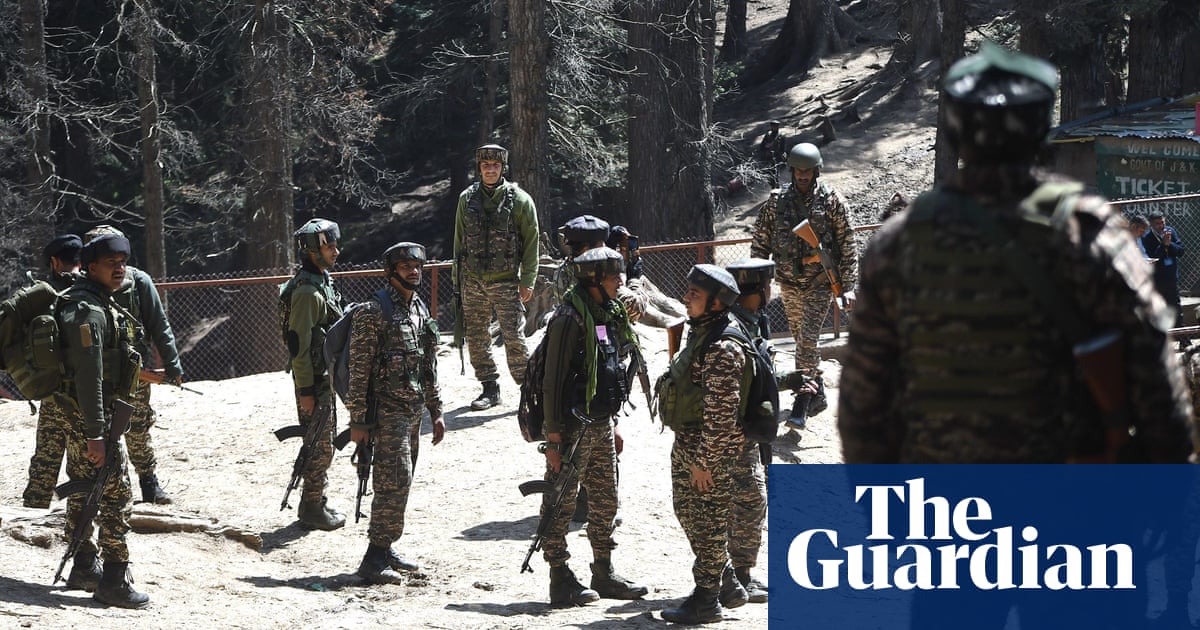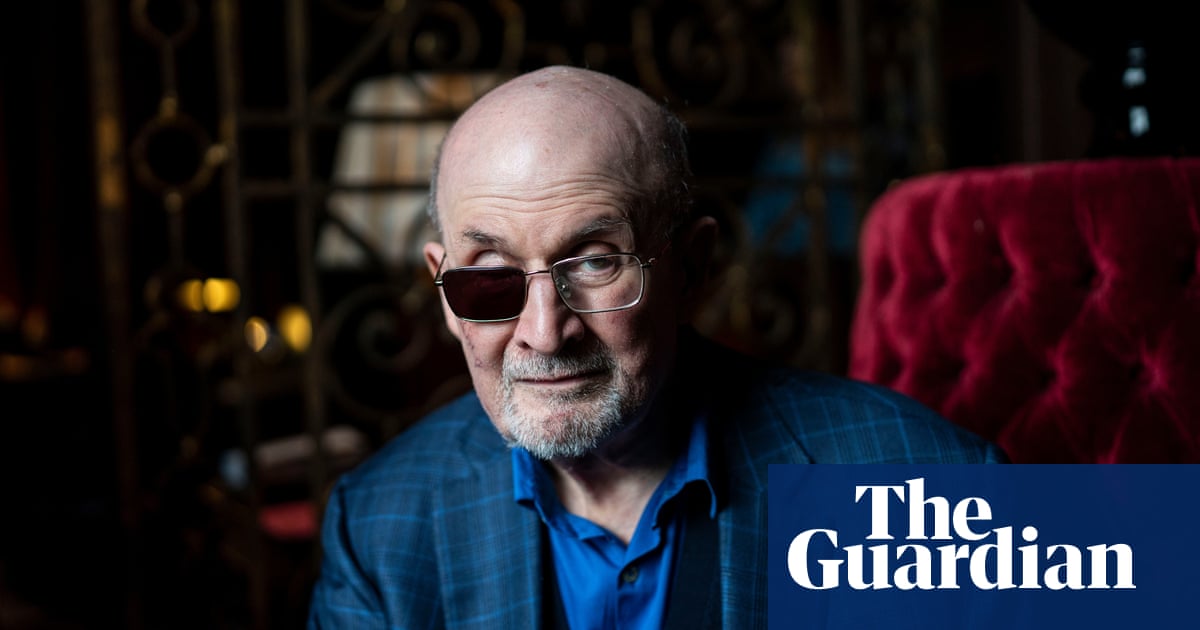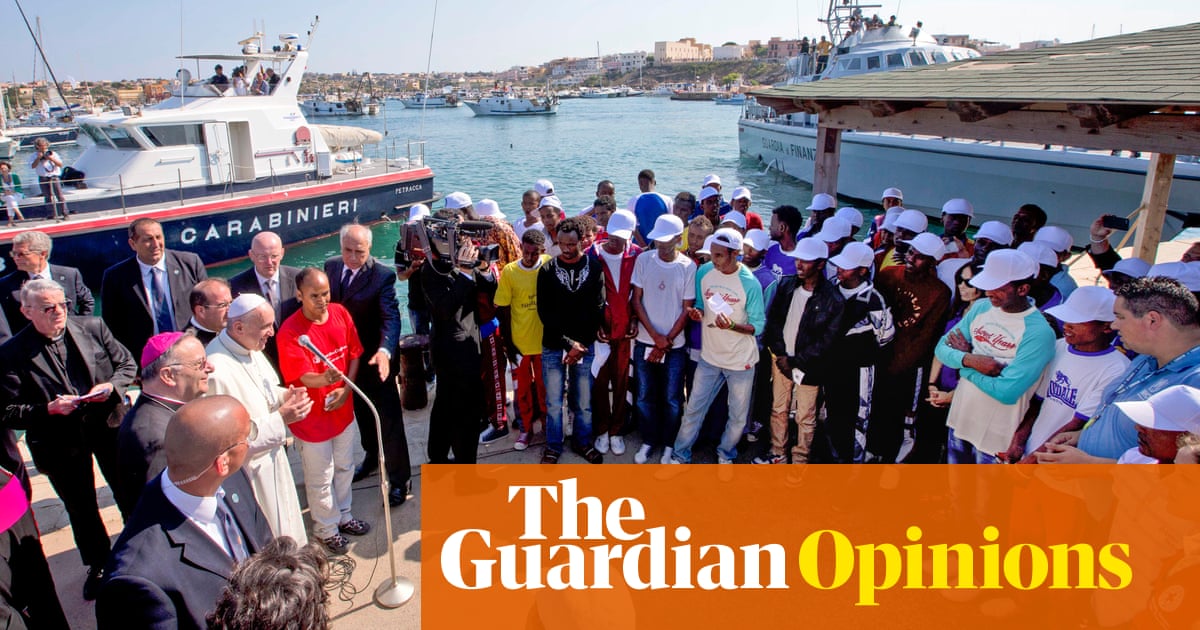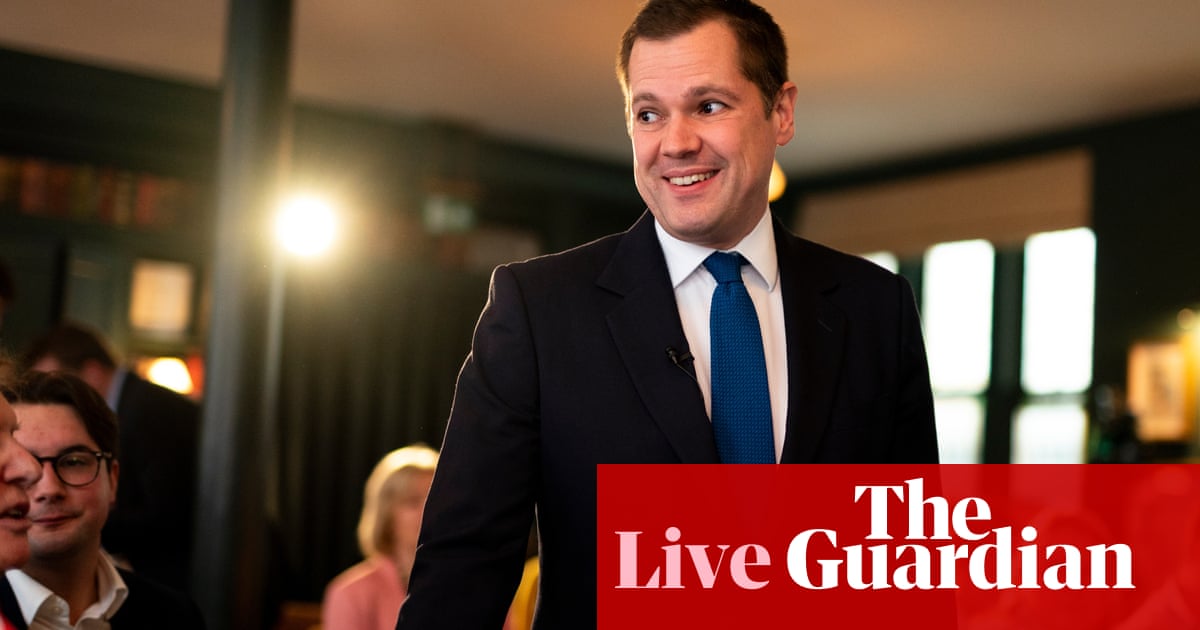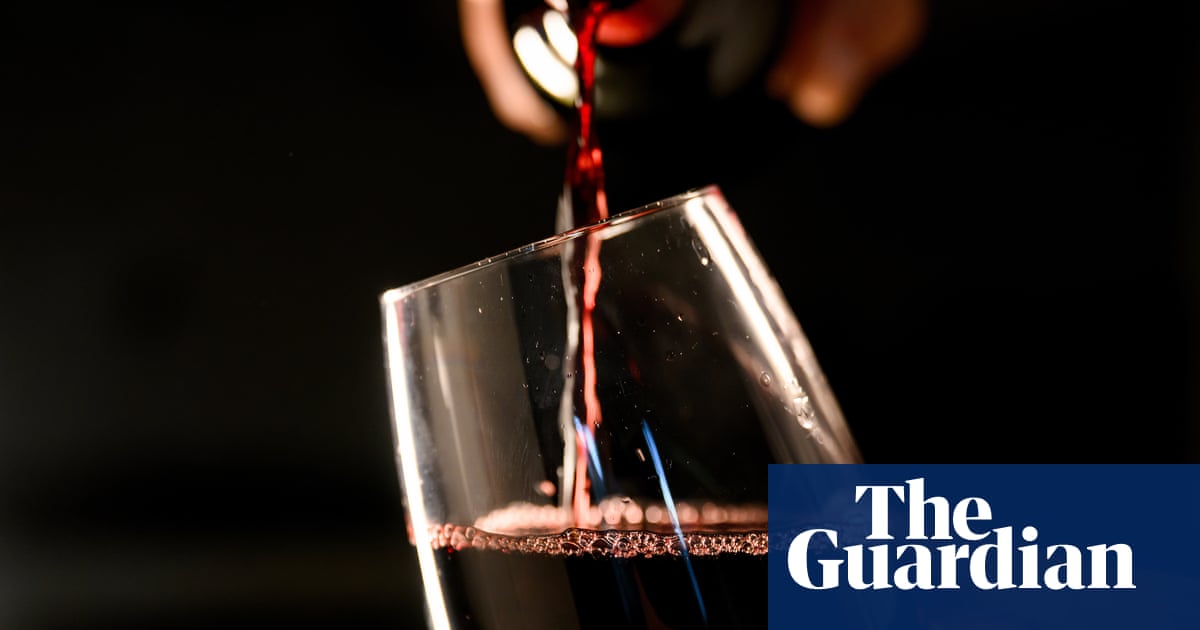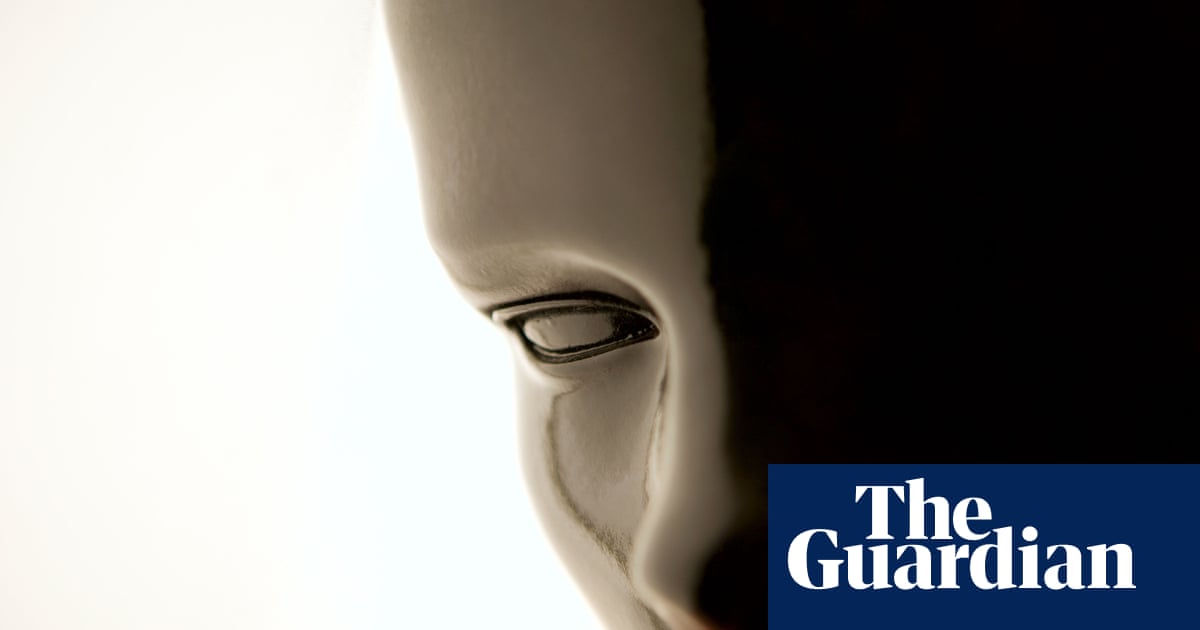Outrages of Donald Trump’s rancid character topple over each other so rapidly and in such volume that they long ago became banal. His vileness is unremarked upon, his rottenness unworthy of further commentary. Trump’s offensiveness is an unspoken assumption. Rules and norms exist for him to break. More, he is rewarded. Meta, after discarding monitoring of hateful content and disinformation on Facebook, is paying him $25m in tribute to settle his lawsuit against it for having banned him after his attempted coup on January 6 and his potential “instances of violence” and threats to “public safety”. All is forgiven, if not forgotten. There are no gates; there are no gatekeepers. Let the bad times roll.
But Trump crashed through a new boundary after an army helicopter collided with an airliner about to land at Washington’s Reagan National airport on 29 January with the loss of 67 lives. While police and firefighters were still recovering bodies from the Potomac River, before any report from the National Transportation Safety Board and evidence was fully gathered, Trump went on TV to spew blame against enemies within and to deflect responsibility.
The Federal Aviation Authority administrator, Michael Whitaker, serving a five-year term that was supposed to end in 2028, was forced out by Elon Musk. On 24 September of last year, the FAA fined Musk’s SpaceX company $633,000 for launching rockets without a permit. “I think safety is in the public interest, and that’s our primary focus,” Whitaker testified to the House transportation committee. The administrator position was vacant at the time of the crash.
The day after Trump’s inauguration he not only fired the members of the aviation security advisory committee, created in 1989 after the terrorist bombing of Pan Am flight 103 that exploded over Lockerbie in Scotland, but also eliminated the committee entirely. It had recently proposed new regulations for airline safety.
The morning after the crash, Trump warmed to his blaming exercise, expanding his targets as he went on. He began by blaming the policy to hire disabled people as air traffic controllers, saying they suffered, among other disabilities, from “severe intellectual disability, psychiatric disability, and dwarfism”. The policy, in fact, was in effect during his previous administration.
Then he blamed “the FAA’s diversity and inclusion hiring plan”, which he falsely claimed was responsible for the hiring of disabled people. They have been hired under the Americans with Disabilities Act of 1990, a signature achievement of President George HW Bush.
Trump jumped to attack the former transport secretary Pete Buttigieg as “a disaster”, throwing in an obscenity. “He’s just got a good line of bullshit,” said Trump, “and he’s run it right into the ground with his diversity. So I had to say that it’s terrible.”
Trump next turned to the “great replacement theory” as his overarching explanation. Somehow, he claimed, the presence of non-white people was the reason for the crash. “It’s a group within the FAA, another story, determined that the workforce was too white, that they had concerted efforts to get the administration to change that and to change it immediately. This was in the Obama administration just prior to my getting there.”
But, he went on, “we took care of African Americans, Hispanic Americans,” and, he said, “it’s one of the reasons I won.” But he asserted again that white people were being pushed out – “too white”. By contrast, “we want the people that are competent”. As he spoke, three of his cabinet nominees – Tulsi Gabbard, Robert F Kennedy Jr and Kash Patel – were being questioned in confirmation hearings about their glaring incompetence. And then Trump blamed Biden.
A reporter asked: “On DEI and the claim that you’ve made, are you saying this crash was somehow caused and the result of diversity hiring? And what evidence have you seen to support these claims?” Trump replied: “It just could have been.”
He blamed Biden again. Asked, “how you can come to the conclusion right now that diversity had something to do with this crash?” Trump snipped: “Because I have common sense, OK? And, unfortunately, a lot of people don’t.”
Buttigieg fired back at once: “Despicable. As families grieve, Trump should be leading, not lying. We put safety first, drove down close calls, grew air traffic control, and had zero commercial airline crash fatalities out of millions of flights on our watch. President Trump now oversees the military and the FAA.”
He added: “One of his first acts was to fire and suspend some of the key personnel who helped keep our skies safe. Time for the president to show actual leadership and explain what he will do to prevent this from happening again.”
Presidents perform more than executive functions within the federal government. They, and they alone, can act as the emotional and empathetic voice of the nation during unexpected tragic events. They can grieve and console. They can express humility and demonstrate grace. They can serve as models of stoic behavior, articulate values and uphold standards, and summon the spirit of national unity.
When, in 1986, the Space Shuttle Challenger disintegrated shortly into its flight, killing all seven crew members, Ronald Reagan delivered a healing address to the nation that ended with a poetic eulogy to the crew that “‘slipped the surly bonds of Earth’ to ‘touch the face of God’”.
When, in 1995, a far-right extremist bombed the Alfred P Murrah federal building in Oklahoma City, killing 168 people in the worst domestic terrorist incident in the country’s history, Bill Clinton went there, comforted the families of the victims “to share your grief”, and, citing scripture, said: “One thing we owe those who have sacrificed is the duty to purge ourselves of the dark forces which gave rise to this evil. They are forces that threaten our common peace, our freedom, our way of life. Let us teach our children that the God of comfort is also the God of righteousness: ‘Those who trouble their own house will inherit the wind.’ Justice will prevail.”
When, in 2001, after the terrorist attack on the World Trade Center on September 11, Muslims in general and within America were blamed, George W Bush said: “These acts of violence against innocents violate the fundamental tenets of the Islamic faith. And it’s important for my fellow Americans to understand that … The face of terror is not the true faith of Islam. That’s not what Islam is all about. Islam is peace … Muslims make an incredibly valuable contribution to our country. Muslims are doctors, lawyers, law professors, members of the military, entrepreneurs, shopkeepers, moms and dads. And they need to be treated with respect. In our anger and emotion, our fellow Americans must treat each other with respect.”
When, in 2015, after a white supremacist neo-Nazi murdered nine parishioners at the African Methodist Episcopal church in Charleston, Barack Obama attended the funeral of two of those killed. He praised the families who responded “in the midst of unspeakable grief with words of forgiveness”. He explained the long history of racism behind “an act that drew on a long history of bombs, arson, shots fired at churches. Not random, but as a means of control, a way to terrorize and oppress.” And he broke into singing Amazing Grace.
If those presidents rose to new heights, Trump’s nose-dive into the mud was as emblematic. His impulse was to cast blame out of a frantic fear that accountability might somehow befall him. It was of a piece with his justice department’s illegal erasure of the criminal records of the January 6 convicts after he pardoned them.
Trump demeaned in his attempt to enlarge himself. Buttigieg was “bullshit”, while Trump said, self-referentially: “We want brilliant people doing this.” The tragedy surfaced as an unforeseen opportunity for preening in the spotlight. He rebuffed a question about visiting the scene as though it was an affront. “You tell me the site,” he said. “What do you want me to do, go swimming?”

Trump’s pretense as king has quickly devolved into his strutting insult comedian routine. He has ceded much of his executive power to two crackpot would-be prime ministers – Hitler-saluting Elon Musk, who is ravaging the government, and Project 2025 theocrat Russell Vought, Trump’s appointee to head the office of budget and management, who says his goal for federal workers is to “put them in trauma”. Trump’s White House, supposedly under the tight rein of his disciplining “Ice Maiden”, erstwhile Florida lobbyist Susie Wiles, was cut out of Musk’s loop when his minions virtually shut down the government with wildly vindictive orders. The resulting uproar in which they were mostly yanked back still exposed the gameplan of Trump’s retribution regime.
Trump loves to swagger in the ceremonial pomp of his office, preferably surrounded by military guards, full-dress Fredonia. But in the plane crash he showed his utter disdain for the magical sympathy that the head of state can bestow, compassion on behalf of the whole country.
Trump is more mafia kingpin than king, certainly not a constitutional monarch. He wants nothing but the bended knee, the deference and the adoration, but not to give anything in return. His restoration is another chance at piratical looting, his crypto coin, the constitution’s emoluments clause be damned. And would the self-aggrandizing justices on the US supreme court ever object to his perks?
Trump views Musk partly as the muscle in his protection racket. He can threaten any mere senator with qualms about his quack cabinet nominees with primary opponents rocket-fueled with Musk’s unlimited funds. If the senators don’t pay the protection money in the form of obedient votes, Trump will get Musk to break their windows.
The sad accident over the Potomac has revealed Trump’s irredeemable character once again. He will always spontaneously exploit tragedy to display his self-regard. The portrait of Trump in the film The Apprentice mistakenly depicts him in the beginning as a naive, impressionable young man, who fell into Roy Cohn’s hands and was molded by the mafia lawyer into a monster. On the contrary, Trump was a monster in the making. The stories are legion. Just recently his nephew recalled that when he was a child his uncle Donald told him that disabled people “should just die” and frequently used the N-word to describe black people. Not to mention Trump’s decades of alleged sexual misconduct, only two incidents ever surfacing in the courts, one leading to his conviction of 34 felonies and the other to a defamation ruling with the judge stating from the bench that Trump’s action should be understood as rape.
The Trump of the airport tragedy is the same Trump at the funeral of his father, Fred Trump, who financed his spendthrift bankruptcies on fanciful speculations. Mounting the pulpit at New York’s Marble Collegiate church to deliver the main eulogy, Trump began: “I was having the greatest year of my business career, and I was sitting having breakfast thinking of how well things were going for me.” The rest of the speech was all about Donald.
After Fred died, Donald made sure his deceased older brother’s son, another of Donald’s nephews, who suffered from muscular dystrophy, was deprived of the family company’s medical insurance. “Why should we give him medical coverage?” said Trump.
For Trump’s religious devotees, his moral turpitude is received as the inner light of his kingly anointment and divine right to rule. For the conservative majority on the US supreme court, the rap sheet of his far and wide crimes, such as attempting to overthrow the government and inciting a mob intent on lynching his vice-president, fell under his “official actions” to be granted “absolute immunity”. The hard-pressed working-class voters that gave him another chance bought the humbug of his titanic business acumen that they believed he would extend to lower their cost of living. Still, others dismissed his felonies and grifting on the easy, cynical grounds that, after all, they all do it, don’t they?
But, as PT Barnum, the original expert on the subject of humbuggery and suckers, wrote: “The greatest humbug of all is the man who believes – or pretends to believe – that everything and everybody are humbugs.” Barnum observed that he “who does not even know that every sham shows that there is a reality, and that hypocrisy is the homage that vice pays to virtue – I pronounce him – no, I do not pronounce him a humbug, the word does not apply to him. He is a fool.”
-
Sidney Blumenthal, former senior adviser to President Bill Clinton and Hillary Clinton, has published three books of a projected five-volume political life of Abraham Lincoln: A Self-Made Man, Wrestling With His Angel and All the Powers of Earth

.png) 2 months ago
76
2 months ago
76

